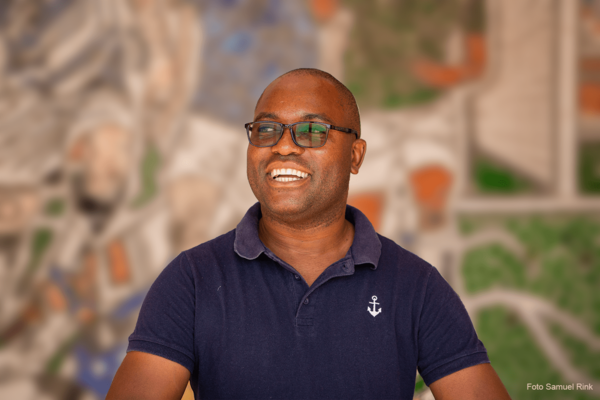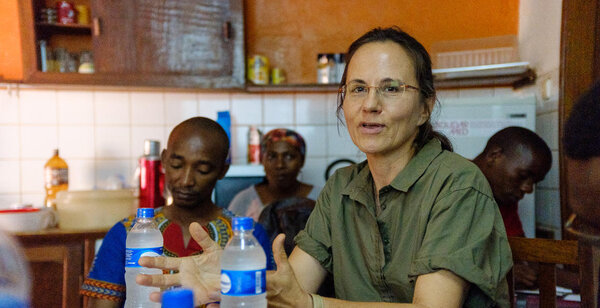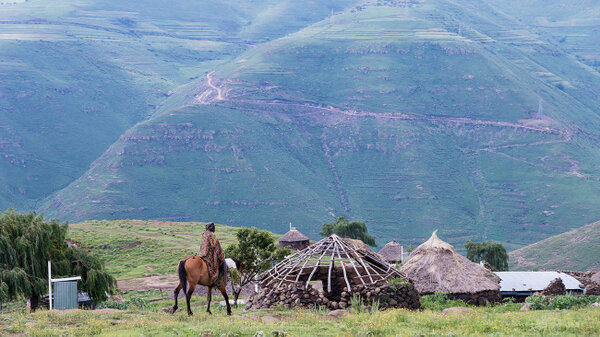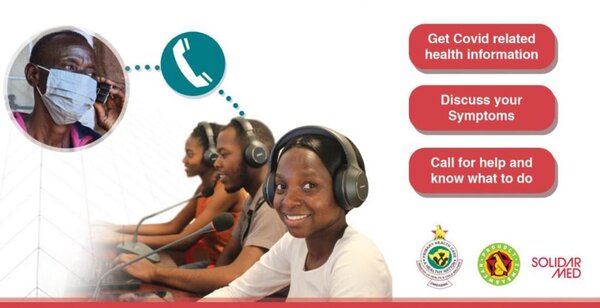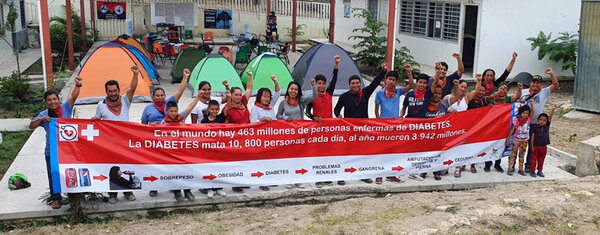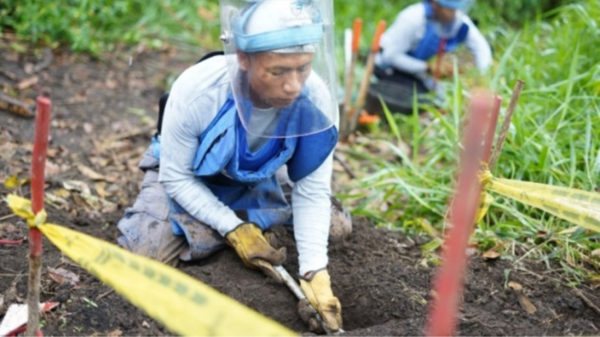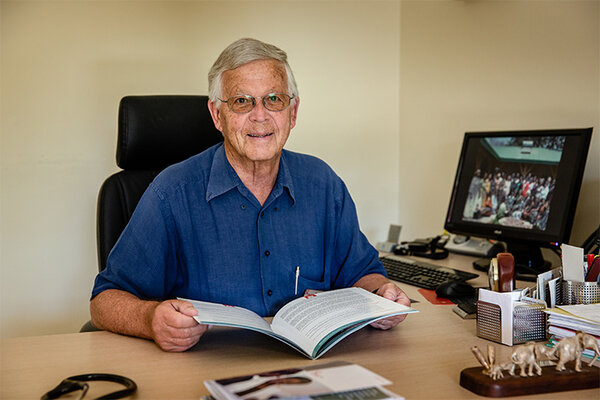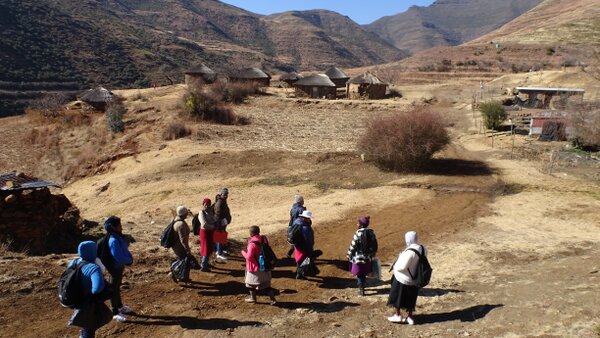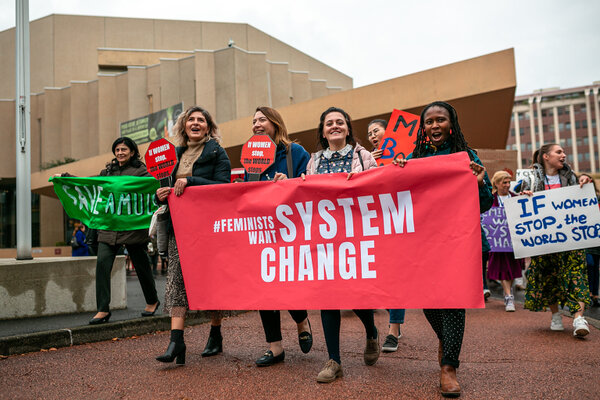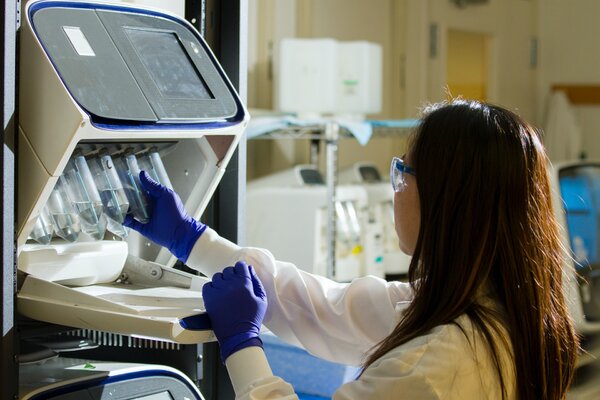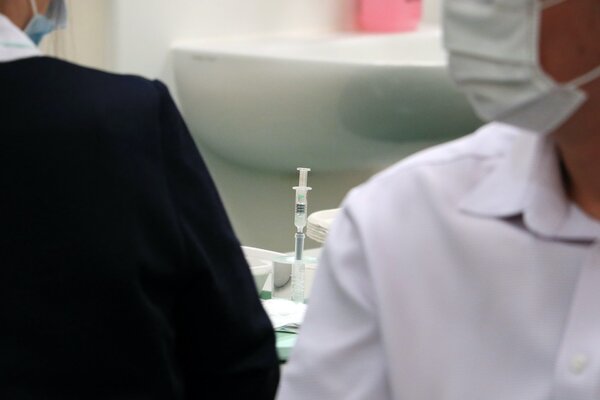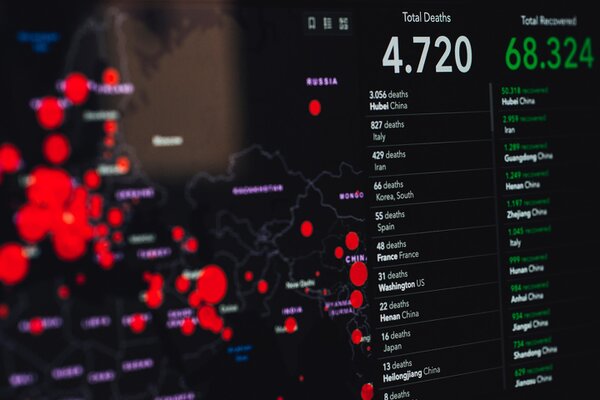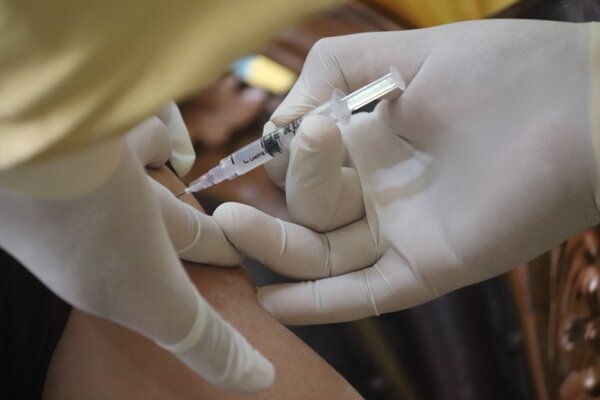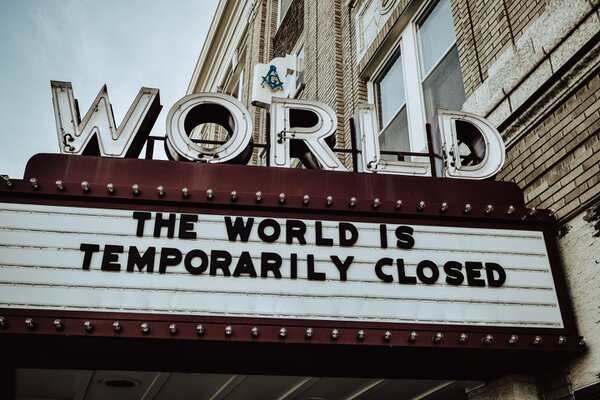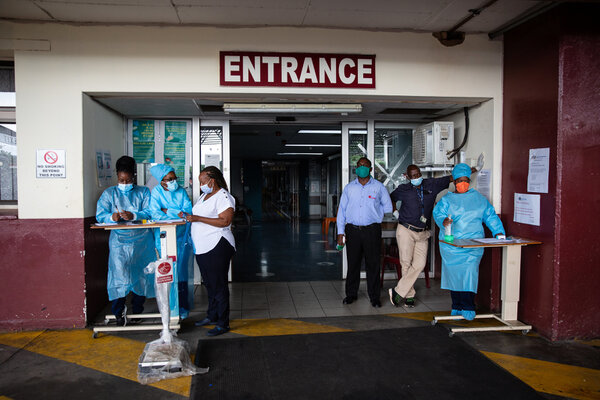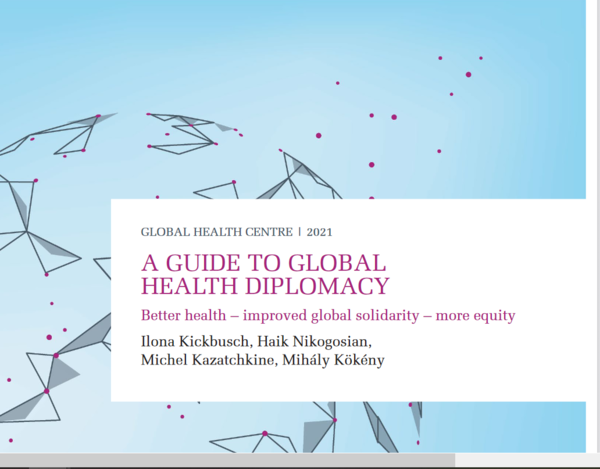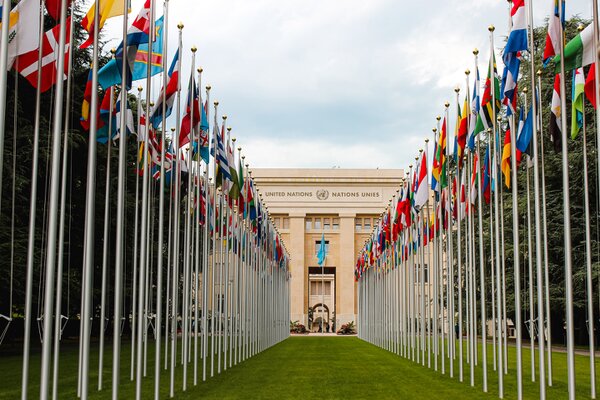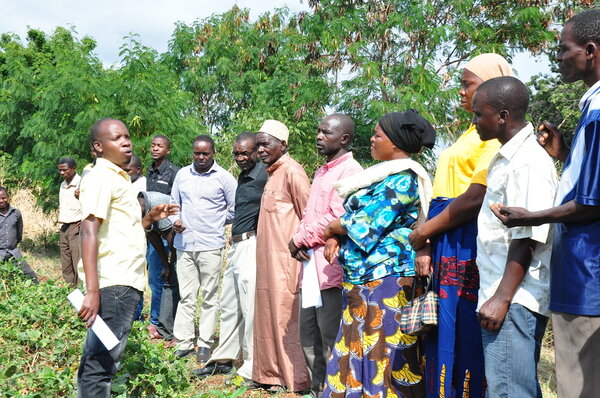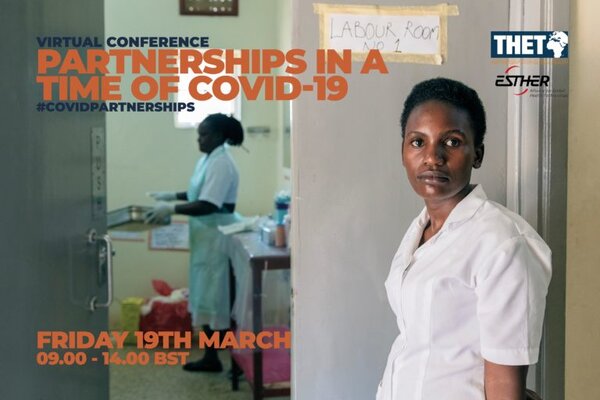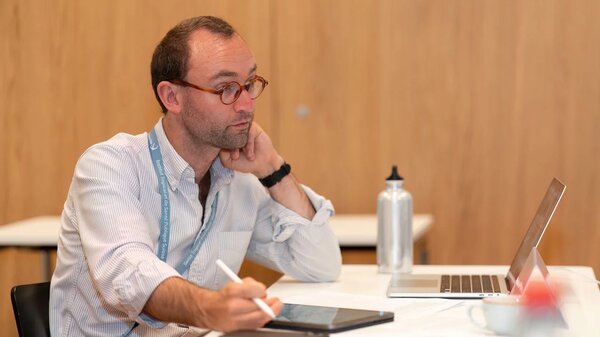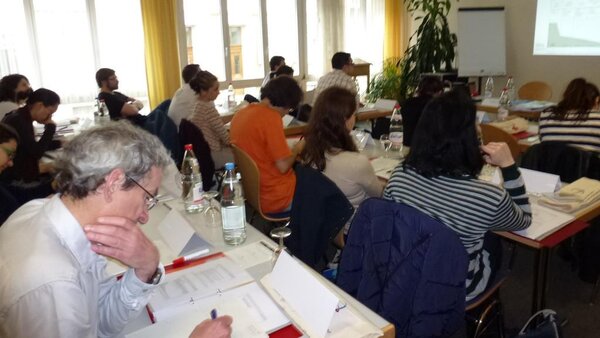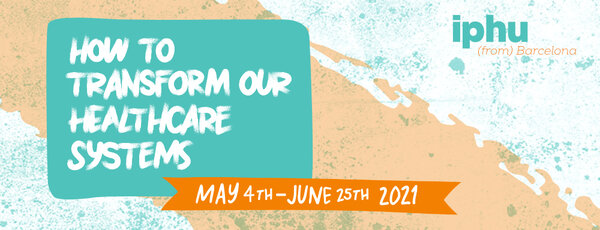Für viele Frauen und Mädchen in Ländern des südlichen Afrikas, aber auch in Asien, Südamerika und hier wurde das eigene Zuhause während des Corona-Lockdowns zu einem Ort der Angst, Gewalt und Vergewaltigung. Gefangen in den eigenen vier Wänden haben viele Betroffene keine Möglichkeit, Missbrauchsfälle zu melden oder der Gefahr zu entkommen.
Toxische Geschlechterstereotypen, die in sozialen und kulturellen Normen verankert sind, haben den Anstieg von Gewalt gegen Frauen und Mädchen vielerorts angeheizt. Diese Stereotypen suggerieren beispielsweise, dass Frauen sich Männern grundsätzlich unterzuordnen haben und dass gewalttätige Männer ihre Frauen aus Liebe schlagen dürfen.
Diese Gewalt hinterlässt Spuren… nicht nur physische, sondern auch psychische. Jeder Schlag ist ein Schlag ins Herz. Jeder Schlag kann eine weitere Welle der Ohnmacht auslösen und diese toxischen Geschlechterstereotypen weiter vertiefen. Hinzu kommt, dass es in den meisten Ländern ein inadäquat funktionierendes psychosoziales Gesundheitssystem gibt, das der psychischen Gesundheit der Bevölkerung nicht gerecht wird. Missverständnisse über das Wesen psychischer Störungen und deren Behandlung haben den Fortschritt weiter erschwert, obwohl es klare Evidenz gibt, dass durch psychosoziale Unterstützungs- und Versorgungssysteme Traumata und psychische Wunden geheilt und soziale Strukturen verbessert werden können.
Ist es nicht an der Zeit, psychosoziale Interventionen voranzutreiben, um mehr Gerechtigkeit und psychische Gesundheit für alle zu erlangen?
An der diesjährigen SRHR Conference vom 18. & 19. Mai 2021 widmen wir uns genau diesem Thema: In der zweitägigen Konferenz werden wir uns damit befassen, wie sich Beeinträchtigungen von psychischer Gesundheit das Leben von Frauen und ihren Familien auswirken, insbesondere im Hinblick auf die Auswirkungen von geschlechtsspezifischer Gewalt. Wir werden uns mit der Frage auseinandersetzen, wie Gesundheitssysteme psychische Gesundheit für alle besser gewährleisten können und wie psychosoziale Unterstützung in Gebieten ohne psychosozial ausgebildetes Personal umgesetzt werden kann.
Carine Weiss
Netzwerk Medicus Mundi Schweiz
E-Mail





